How to Google Yourself (and Why You Should Do It)
 Googling yourself isn't just a running joke on 30 Rock, it's actually important for brands, reputation management, background checks, and privacy. Whether you are launching a marketing campaign, conducting a job search, or just curious about what comes up with your name, you'll want to "Google yourself" properly with these steps:
Googling yourself isn't just a running joke on 30 Rock, it's actually important for brands, reputation management, background checks, and privacy. Whether you are launching a marketing campaign, conducting a job search, or just curious about what comes up with your name, you'll want to "Google yourself" properly with these steps:
- Learn how to use a Boolean search: Search engines use Boolean logic to get results; so using words like AND, OR, and NOT and combing searches with quotation marks or minus signs will help refine results so that you can narrow down the search.
- Use multiple search engines: While the term is "Google" yourself, the reality is that one person's Google search will look completely different than another's. That's because of Google algorithms. In other words, searches are catered to the user. If you want a cookie-free ("fresh") search, try using DuckDuckGo.com. I'd also recommend you try searches on social media and social media listening tools, Bing, and Yahoo. Different tools can bring up different results.
- Try variations of your name: Try searches with your middle name or just your middle initial. Misspellings are common on the internet, so it's possible that someone tried an alternate spelling of your name.
- Add a location or other details: If you are trying to get information from a certain source, about your position at a company, or activity in a place, add those details and see what comes up.
So why this important? Why should you care?
- Privacy: These days, it's nearly impossible not to leave a cyber footprint of your online and offline activity. Often times, we broadcast our locations (Yelp, Foursquare, Facebook, etc.) without even realizing that it could be dangerous. In fact, Stop Cyber Bullying recommends that you Google yourself for personal safety.
- Brand Management: Employers, customers, and even dating prospects are often using search engines to get information about you. If there is information, a image, or embarrassing quote, you can often contact the user or website to have the material removed. Just remain clam, professional, and friendly when making those requests. Maybe some of the offending content was created by you on social media? If so, you can often log in and delete it.
- For the resume: Maybe you've done some good: provided expert advise, conducted an interview, won an award, were honored, etc. Those are all great moments for you to save and share. Because sites often remodel, I would recommend saving the things you'd like to keep by using a screen capture or printing the site as a PDF.
Whether you are just conducting a "vanity search" out of curiosity or you manage a brand, it's a good idea to see what is out there by conducting the search properly. I happen to share the name of a popular Sci-Fi series character so often times, searches about space pirates are linked to me. I also use a stage name from time to time, so Google searches are usually a little more tedious but worth it!
